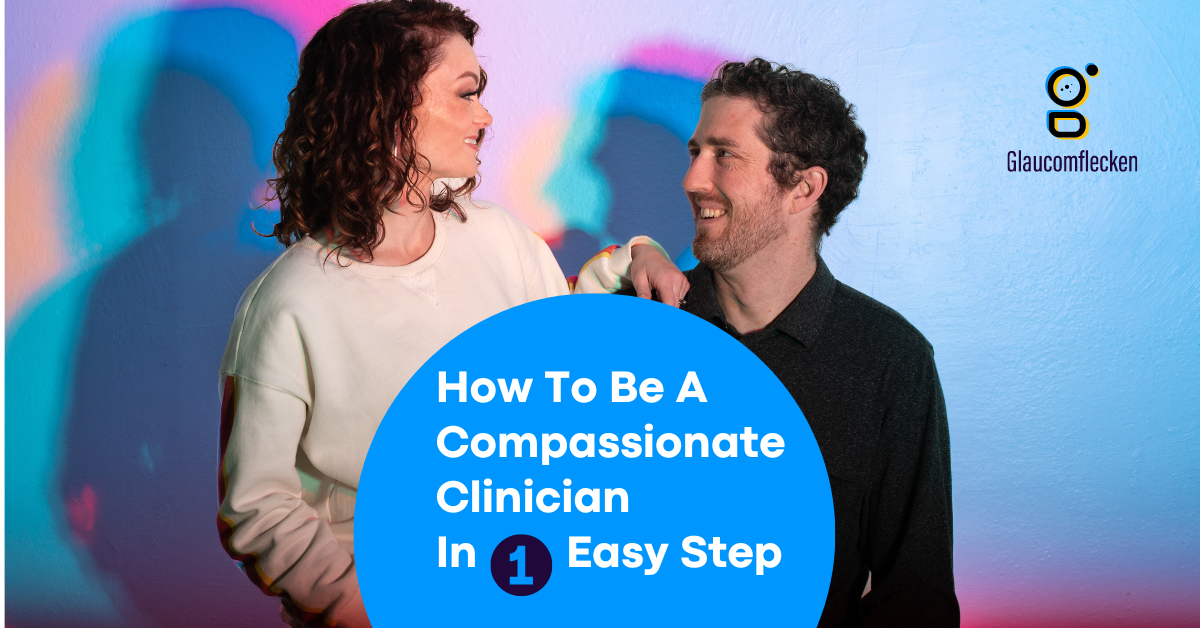When we were in our late 20s, my husband, Will, got cancer.
When he was 30, he got cancer again, unrelated to the first time.
When he was 34, he died in his sleep, but I wouldn’t let him go.

After his unexplained sudden cardiac arrest, Will ended up in the ICU, where a nurse named Roger cared for him. When Will woke up, as typically happens in cases like his, he couldn’t remember things very well. Because this happened at the height of COVID-19 lockdowns, I couldn’t be there with him to talk to him, comfort him, or even help him remember his life.
Roger did that in my place.
I dropped some family photos off at the hospital, and Roger would sit and chat with him about the people, the places, and the memories depicted in those photos. Roger helped him exercise his cognitive skills and keep his brain healthy. He also made sure to call me often with updates, not just about my husband’s medical care but about his emotional well-being, too.
He was an extraordinary example of compassionate, patient-centered care.
But he was more than that.
In all of my experiences going through Will’s major medical crises along with him, none of his healthcare team had ever paid much attention to me. They typically didn’t address me, spending their limited time in our appointments focused on the “real” patient, perhaps rightly so. They were focused on treating the disease.
Still, it all happened to me, too.
Over the course of seven years and three life-altering events, Roger was the first of my husband’s healthcare providers to understand one critical piece of our puzzle. He understood that I had my own experience with that cardiac arrest, and he empathized with how hard the whole thing must be on me.
And he was right.
I consider myself a co-survivor of Will’s cardiac arrest.
I saw, heard, and did unspeakable things in my efforts to save him, and it traumatized me.
I saw our life together flash before my eyes during those 10 minutes of CPR. I retreated to a quiet place inside my head and couldn’t find my way out. Roger was the first healthcare worker to understand that I needed care, too.
He knew that to deliver that care, he wouldn’t need to use expensive medical equipment, consult with colleagues, or spend much time on the problem. It all came down to asking one simple but profound question:
“How are you doing?”

